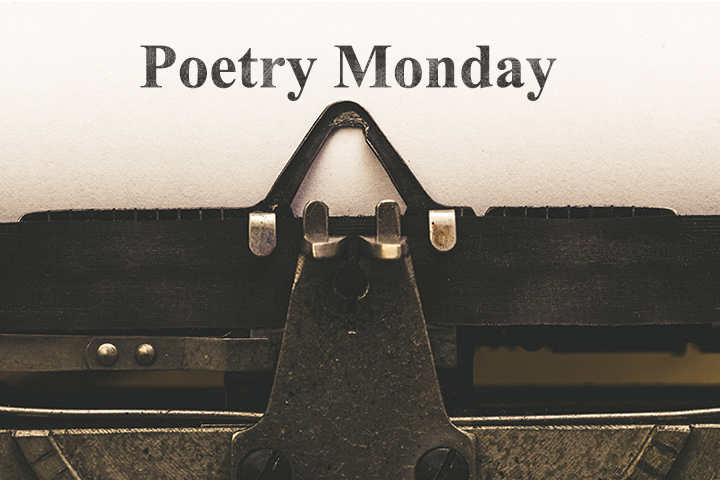Welcome to week 5 (6?) of our U.S. slice of the world pandemic. I’ve lost track. As always, I’m looking at poetry on Mondays, podcasts on Wednesdays, and books on Fridays, for words and conversations that give me perspective and sustenance as we travel through this bizarre and unexpected landscape. If it’s helpful to you as well that makes me very happy!

Podcasts are my daily companion when I go for walks. Cheryl Strayed’s new podcast Sugar Calling (an episode drops each Wednesday) is a favorite and as I mentioned in an earlier post, she’s reaching out to older (60+), wiser writers for their take on this history we’re right now living through.
What does this have to do with poetry? In last week’s interview with Amy Tan (author of The Joy Luck Club among other great books) Tan and Strayed both spoke about a poem written by poet and editor Daniel Halpern in 2013. Halpern is also Tan’s editor.
Halpern had never been through a pandemic, and had no idea we’d be here 7 years later…so it’s remarkably prescient. (He also didn’t remember writing this poem, which is kind of funny). I felt it just captured so well the moment we’re living through right now.
Read this poem and notice, what words or phrases jump out to you?
What do you feel when you read this poem?
Pandemania
There are fewer introductions
In plague years,
Hands held back, jocularity
No longer bellicose,
Even among men.
Breathing’s generally wary,
Labored, as they say, when
The end is at hand.
But this is the everyday intake
Of the imperceptible life force,
Willed now, slow —
Well, just cautious
In inhabited air.
As for ongoing dialogue,
No longer an exuberant plosive
To make a point,
But a new squirreling of air space,
A new sense of boundary.
Genghis Khan said the hand
Is the first thing one man gives
To another. Not in this war.
A gesture of limited distance
Now suffices, a nod,
A minor smile or a hand
Slightly raised,
Not in search of its counterpart,
Just a warning within
The acknowledgment to stand back.
Each beautiful stranger a barbarian
Breathing on the other side of the gate.
–Daniel Halpern
The words that jumped out at me: beautiful stranger. A new sense of boundary. Jocularity, no longer bellicose. And fewer introductions.
I miss the beautiful strangers in my life, even as I hew closer to my favorite co-quarantine people, even as I delight in connection with my beautiful clients and beloved friends and family through a computer screen. I miss the normalcy of chatting with my seatmate on an airplane, small talk with a barista, social transactions at the grocery store, new neighbors, the repair person, the clerk in the shoe store. I miss the beautiful strangers that once populated my days.
There are fewer introductions. In this forced pause, I realize how many shiny new objects, people, events made up the fabric of my days. Days, weeks, months whizzed by at a dizzying pace. This feels like a time to sit with what I have, to hold it, and turn it over in my hands, and look at it. What a gift. And, at times, it feels sad. I miss the new. It’s a paradox.
A new sense of boundary. We have new boundaries in our lives, like it or not. As I move through this time, I’m thinking of how a virus is both real and a metaphor. What is unseen that I let in? Do I want to have more boundaries here, and less there? More there, less here? How permeable is this or that boundary? I have time, now, to think on this. The very idea of boundaries has changed for me, and for many people I talk to.
I appreciate having some distance from some of the jocularity and bellicose-ness. There was a certain pace to our lives before this quarantine time, and a lot of fear and anger and denial accompanied it. Awareness of our culture going awry, the horror of climate disaster looming…somehow, jocularity and bellicose humor seemed both an insult to that reality, and a way to distance ourselves from it. As you’re living it (frantically, quickly, always moving), it’s hard to have perspective, hard to name it, hard to imagine something different. Slowing down and having a break from the hamster wheel feels right somehow, feels good. So does looking at humor and respecting it as a holy tool of resistance, not a way to tap dance faster and faster.
How did this poem speak to you? How do you reconcile the “barbarian at the gate” with your need for people, for touch, for connection in your life?
Be well, wash your hands — and stay connected!
Lisa



